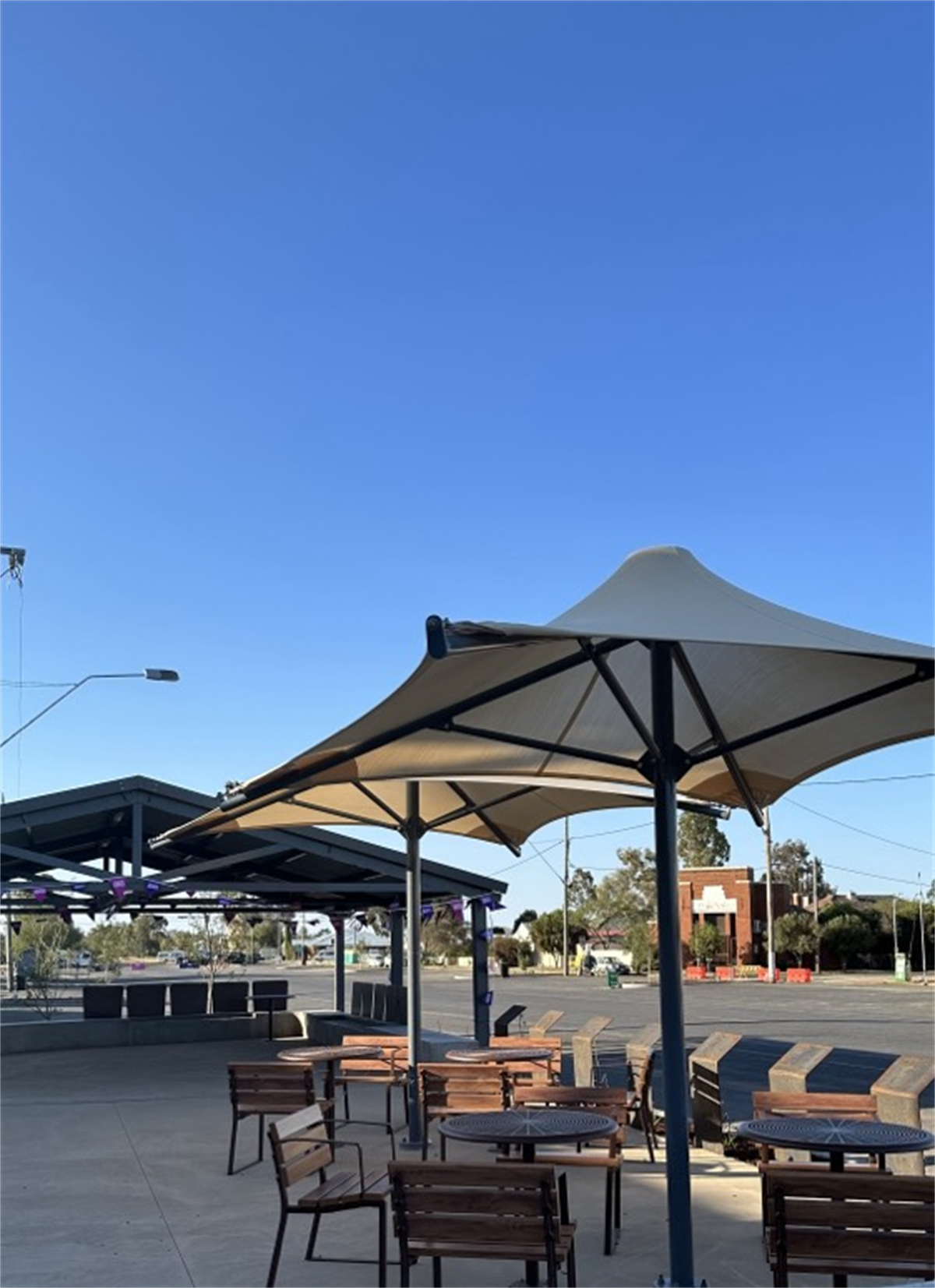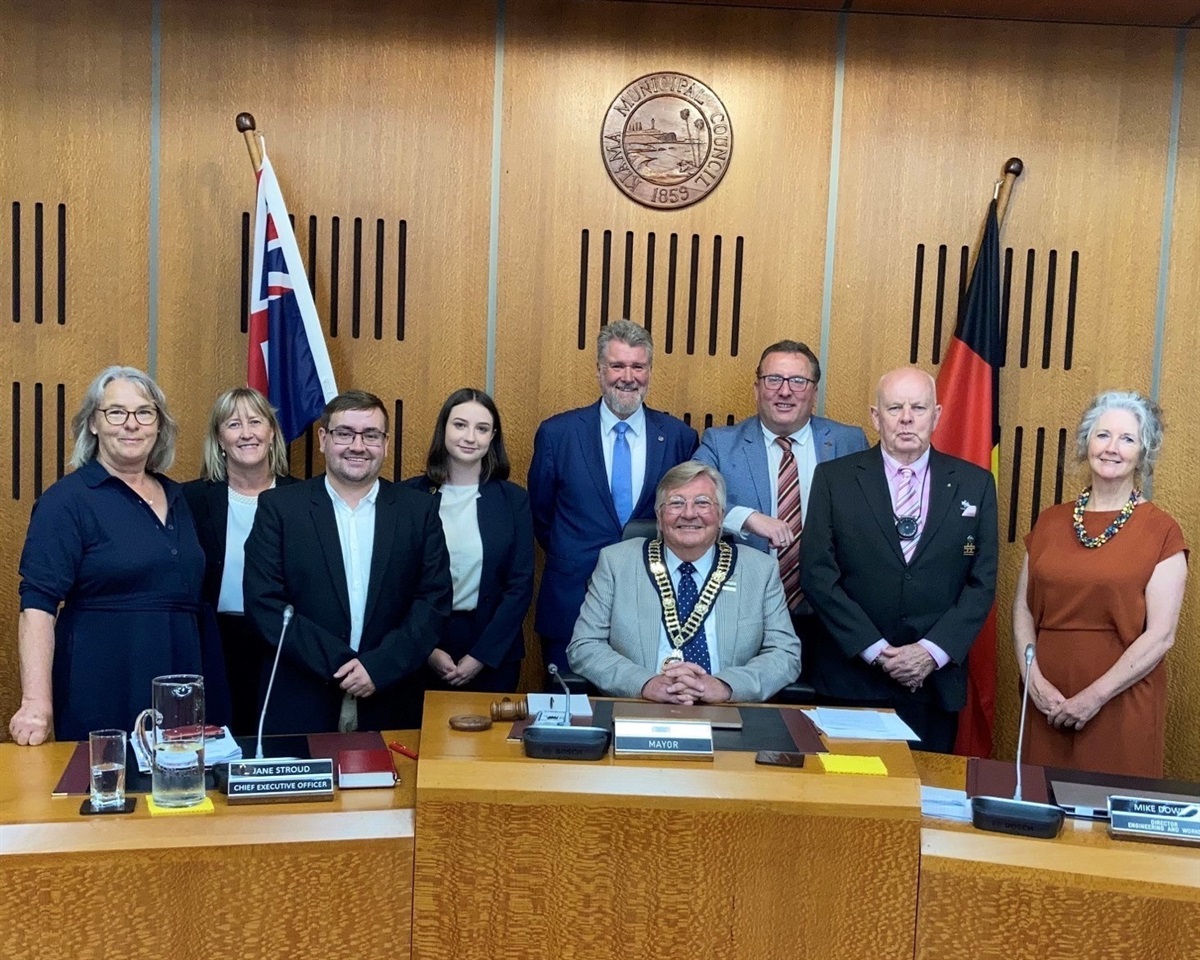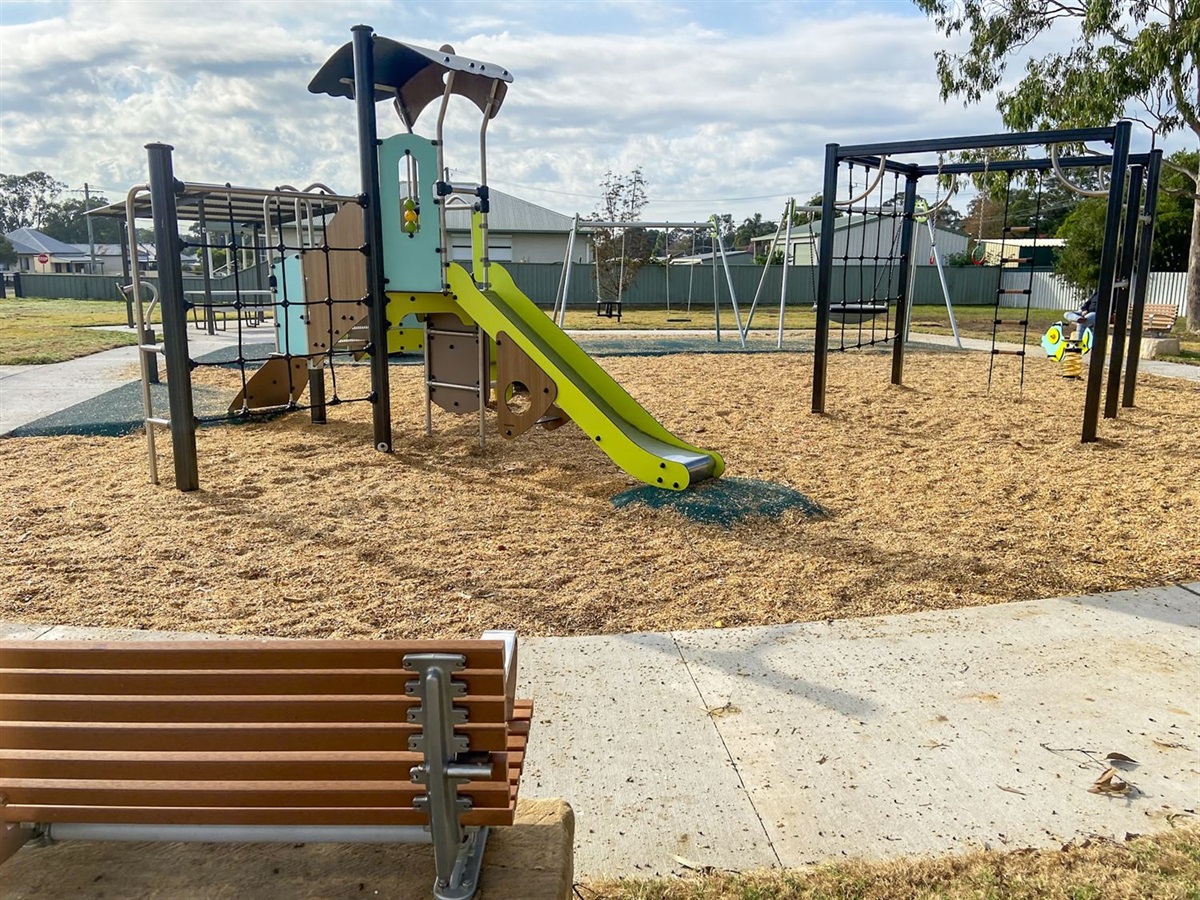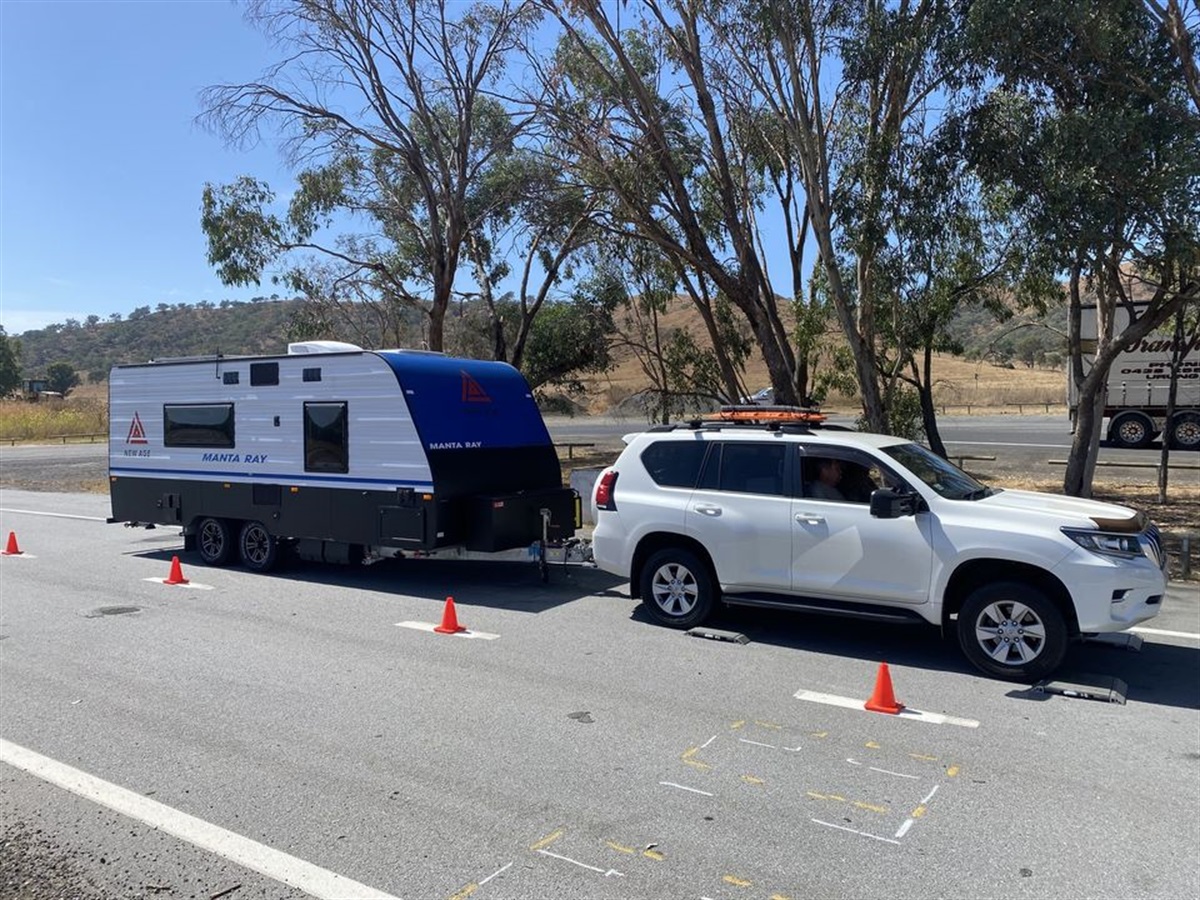NSW Department of Primary Industries (NSW DPI) Chief Plant Protection Officer Dr Chris Anderson said Varroa mite was positively identified following a report from a beekeeper who had conducted an alcohol wash of a hive to conduct surveillance.
Tracing is underway to confirm if this new detection is linked to a case in an existing emergency zone.
The new detection at Wards River brings the total number of infested premises to 39 since Varroa mite was first identified as part of routine surveillance at the Port of Newcastle on 22 June.
“NSW DPI has established an emergency zone around the infested premise and has put significant measures in place to stop the spread of the Varroa mite,” Dr Anderson said.
“As per the agreed response plan with industry, all movements of hives and equipment onto and off the properties over the past 12-months will be traced, and risk analysis and surveillance will be conducted to minimise further spread.”
DPI’s response plan for the eradication of Varroa mite in NSW follows a strategy agreed between the apiary industry, NSW DPI, neighbouring jurisdictions and the Commonwealth.
Dr Anderson said a state-wide ban on the movement of honeybees and hives remained in place, and beekeepers within current eradication zones were not permitted to work their hives other than to conduct surveillance for Varroa mite.
“We are working hard in partnership with the apiary and horticulture industries to develop a permit process to manage the movement of hives outside of the current emergency zones,” he said.
“We know how important the coming pollination season is for both beekeepers and the horticulture industry and we expect to have a process in place soon.
“In the meantime, we cannot overstate the importance of community reporting as an invaluable component of our control measures.
“I would urge people to report the locations of any hives, both managed hives and wild hives they might be aware of.
“I’d like to thank our NSW beekeepers, who have partnered with us very successfully on this response so far and encourage every member of the public to continue to let us know of any hives they might be aware of. We all have a role to play.”
NSW DPI’s efforts to arrest the Varroa mite spread are being assisted by the apiary industry, Local Land Services (LLS), NSW Police, NSW Rural Fire Service (RFS) and the wider community.








